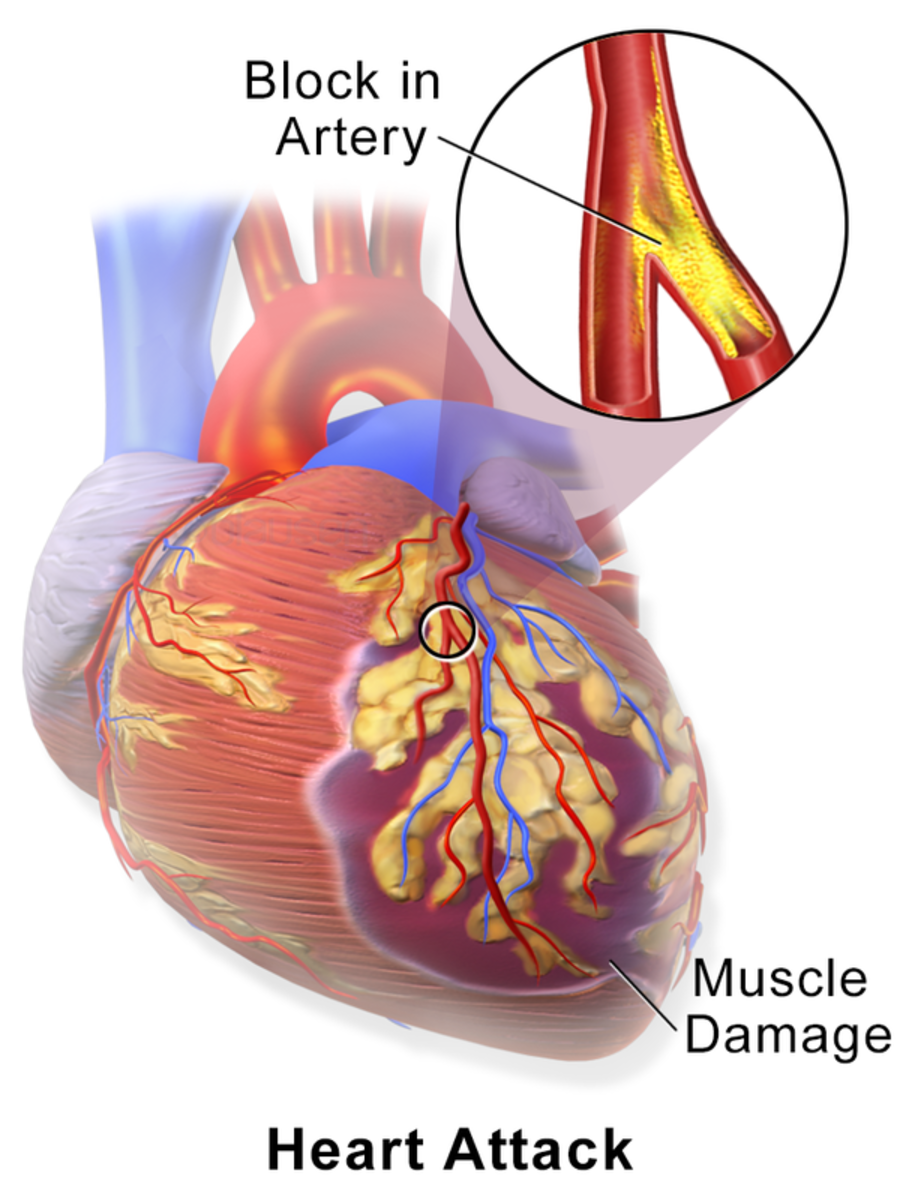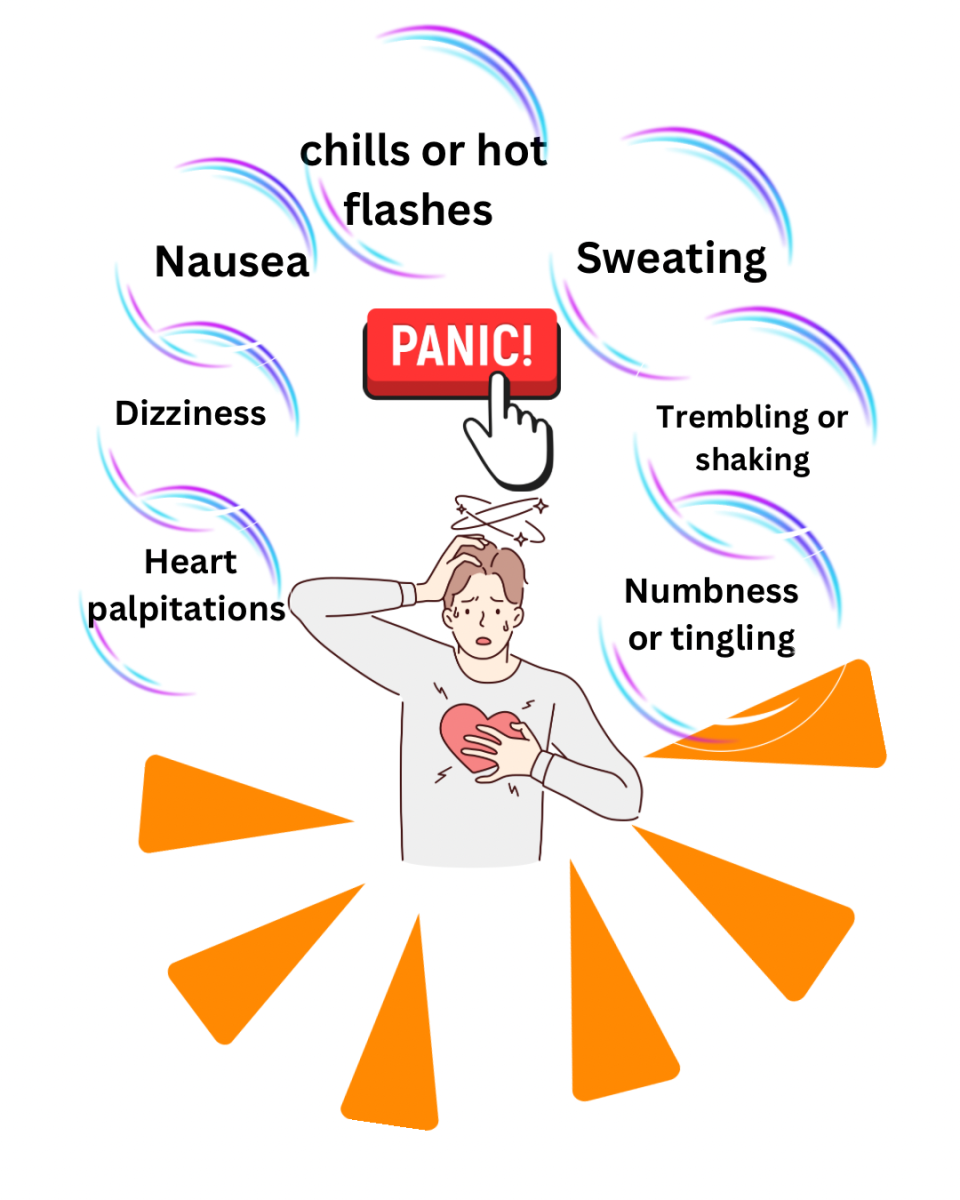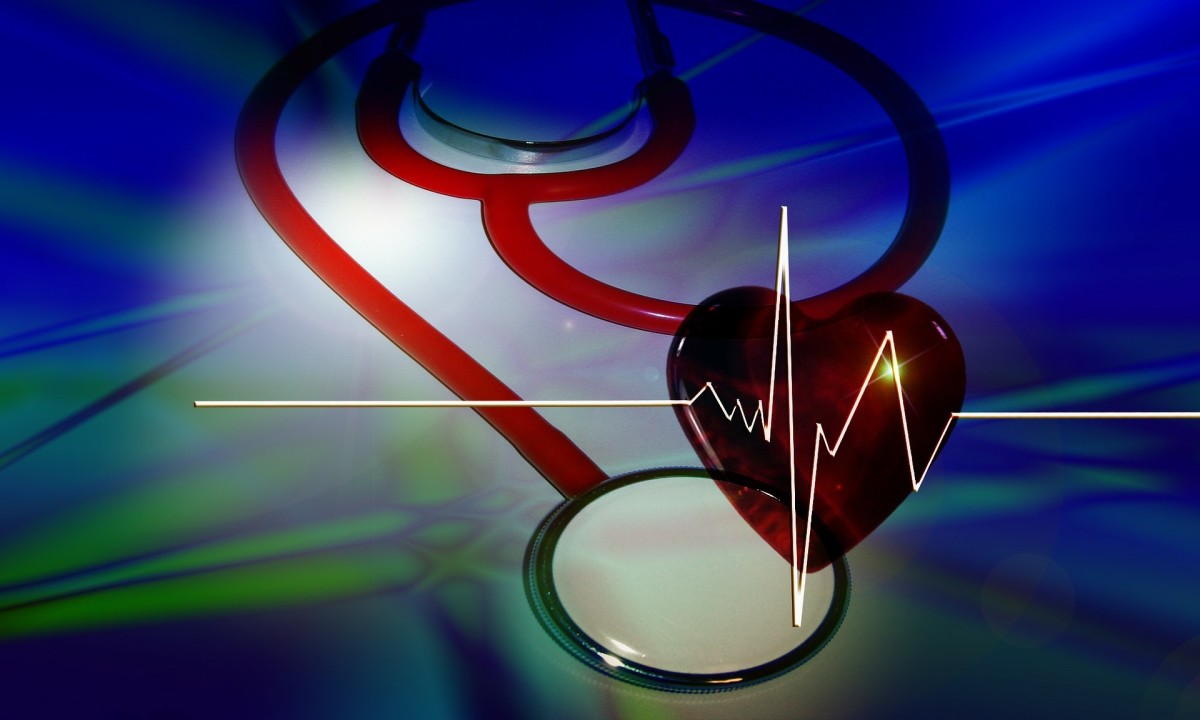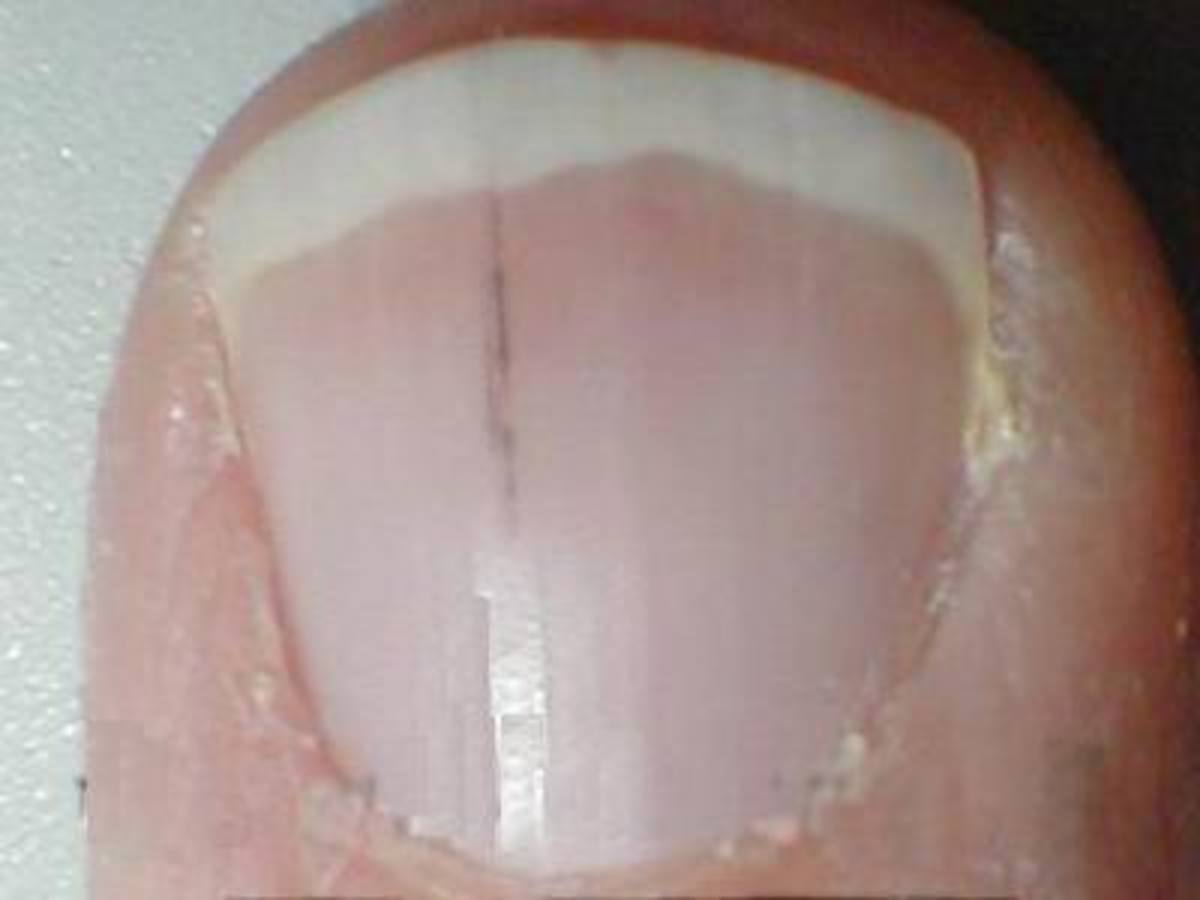How Insufficient Sleep Causes Heart Attack
Sleep deprivation can lead to heart attack

Insufficient sleep can lead to heart attack
Night shifts; twenty-four-hour cable television; late night work shifts; indiscriminate partying; the internet; email; video games; and so many more. These are the harbingers of the twenty-four seven (24/7) society that the global village is becoming, if it is not already. On top of that, there’s sleep loss, which is reducing our life spans significantly, and causing us many problems including diabetes, obesity, stroke, high blood pressure and so on.
Actually, in America, twenty percent (20%) of the populace say that they get less than six hours of sleep on average. In today’s post, I’d examine loss of sleep and its relationship to heart attack as we delve into the topic; how insufficient sleep causes heart attack. To commence, however, I’ll explore what is sleep and some of its benefits.
What is sleep?
Sleep refers to a condition in which the body is generally inactive for several hours every night. During this period, the eyes are closed; the central nervous system is on halt; the muscles that help us maintain an upright standing or sitting posture are relaxed; and we are practically in an unconscious state. Let us take a look below at some of the stages of sleep:
Stages of sleep
Sleep comes in five (5) stages, which we repeat a few times during the six to eight (6-8) hours while we are asleep. The stages are: stage one sleep, stage two sleep, stage three sleep, stage four sleep and rapid eye movement (REM) sleep.
During stage one sleep, also known as light sleep, we fall in and out of sleep. Our eyes move slowly, as do the muscles of the body. Some even get a falling sensation prior to stage 1 sleep, much like when you are seated on a sofa and you wake up suddenly because you think that you are dozing off.
We progress to stage two sleep when the movement of the eyes stops, and certain functions of the brain become slower, making us a little less conscious. Generally, anyone in stage one or stage two sleep can be awoken easily.
Stage three sleep is next when certain brain functions are extremely slow at one point and extremely fast at another. Thus, we become a little conscious for some time and unconscious for some time. And there’s no eye or muscle activity.
In stage four sleep, we are extremely unconscious throughout. And it is difficult to wake someone up in this stage or the stage before; usually, when awoken at this stage, the person is dull and groggy.
The final stage of sleep, Rapid Eye Movement (REM) sleep, is when the eyes move very fast, breathing is shallow and quick, and the muscles are shortly paralyzed. Generally, we humans spend fifty percent (50%) of our sleep on stages 1 and 2; thirty percent (30%) on stages 3 and 4; and twenty percent (20%) on REM sleep.
Sleep deprivation

How does insufficient sleep cause heart attack?
So can insufficient sleep cause heart attack? Yes it can, and through a variety of media. When we go to sleep, we experience periods when the pressure of the blood and heart rate are lowered. If we don’t get enough sleep, the body releases certain hormones, which make it extremely difficult to achieve long periods of lowered heart rate and blood pressure.
Over time, and as a result, we may suffer from high blood pressure, which may lead to a heart attack. In recent studies, scientists found that men suffering from extreme sleep apnea were fifty-eight percent (58%) likely to develop congestive heart failure than men without sleep apnea.
Another medium through which lack of sleep causes heart attack is obesity. Obesity is a condition where you weigh more than you should, given your height. Not getting at least six hours of sleep per night causes your body to suppress ghrelin and leptin, hormones that are responsible for controlling appetite.
When appetite hormones in the body are suppressed, you tend to eat a lot than is normal for the body. The excess food, especially when it’s sugary, is stored as fat, which causes us to gain weight and puts pressure on the heart. Overtime, the fat constricts the blood vessels, causing the heart to use more force to pump blood through them. This leads to congestive heart failure when the heart breaks down or, the vessel supplying blood to the heart is restricted.
Finally, insufficient sleep causes heart attack through poor quality sleep and over sleeping. Poor sleep can create a situation where we often feel like we have to oversleep to make up for the lost hours of sleep. This is when we begin to sleep for nine or more hours, instead of just six to eight hours.
Similarly, we may also notice that sleeping for shorter periods has impaired our ability to sleep for longer periods – six to eight hours (6-8 hrs.). When these happen, the walls of the blood vessels become lined with more calcium, which makes them stiffer, restricting the flow of blood to the heart. Restricted blood flow to the heart is a cause of heart attack.
Summary
The above points explain how insufficient sleep causes heart attack. Therefore it is imperative that as part of our day-to-day schedules we create time to have sufficient sleep in order to avoid getting heart attack.








